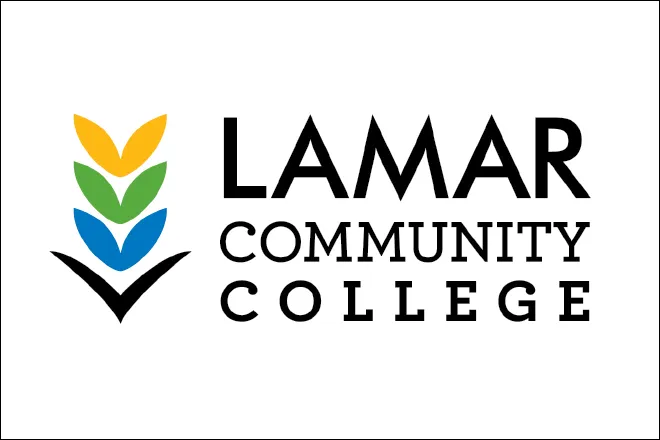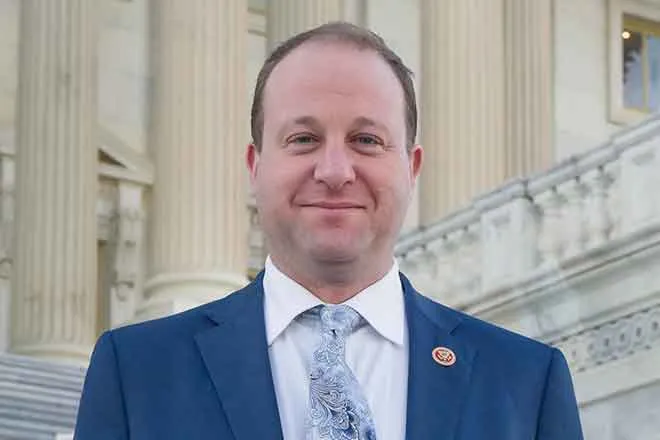
Free tuition at Colorado colleges for high-demand jobs
(Colorado News Connection) Colorado will give students pursuing degrees or credentials in high-demand fields free tuition at the state's 19 community and technical colleges starting this fall.
Joe Garcia, chancellor of the Colorado Community College System, said the new program - which aims to train new construction workers, nurses, educators, firefighters, and other in-demand workers - removes a significant barrier to higher education.
"Cost is not going to get in your way," said Garcia. "Over 60 percent of our graduates graduate with no debt at all. And if you come and study one of these fields, you're not going to pay tuition at all, so you won't have that debt. And, importantly, you'll be able to move directly into a job."
Career Advance Colorado is a workforce development initiative, and aims to address the state's most critical worker shortages by training more than 20,000 Coloradans for high-skill careers.
To learn more about all the credentials on offer, and how to enroll, contact a community college online or near you and ask about the new program - Career Advance Colorado. A list is available at 'CCCS.edu'
Garcia said the program is ideal for older adults who want to explore a new career.
He said most of the students they serve are parents or have other responsibilities, so classes are not scheduled from 9:00 a.m. to 3:00 p.m. Monday through Friday - and cater to people who need classes during non traditional hours.
"Many of them are online programs, you don't have to come in at all," said Garcia. "Many are hybrid programs where you come in for certain lab work, but a lot of the other work takes place on your time, your schedule, in your location. So, there's a lot of flexibility."
People with college degrees or credentials generally earn significantly more over their lifetimes than people without a degree or credential.
Garcia said people who complete their credential are likely to see a good return on their investment, because they will get the exact skills currently in high demand, and most won't take four to five years to complete.
"You can take as little as six months to a year and get a credential that provides you an immediate opportunity to get a job," said Garcia. "So it's not just that you're saving money on the tuition, but you are not spending years to get that credential."
Support for this reporting was provided by Lumina Foundation.

















